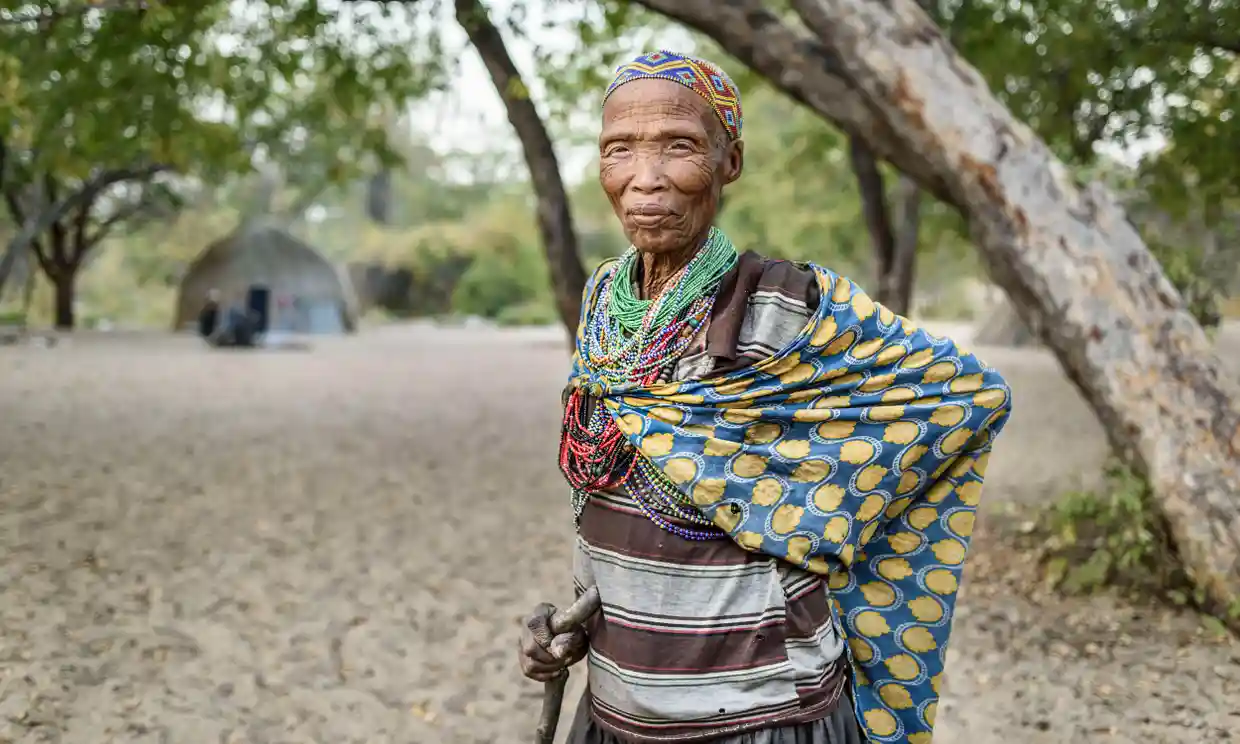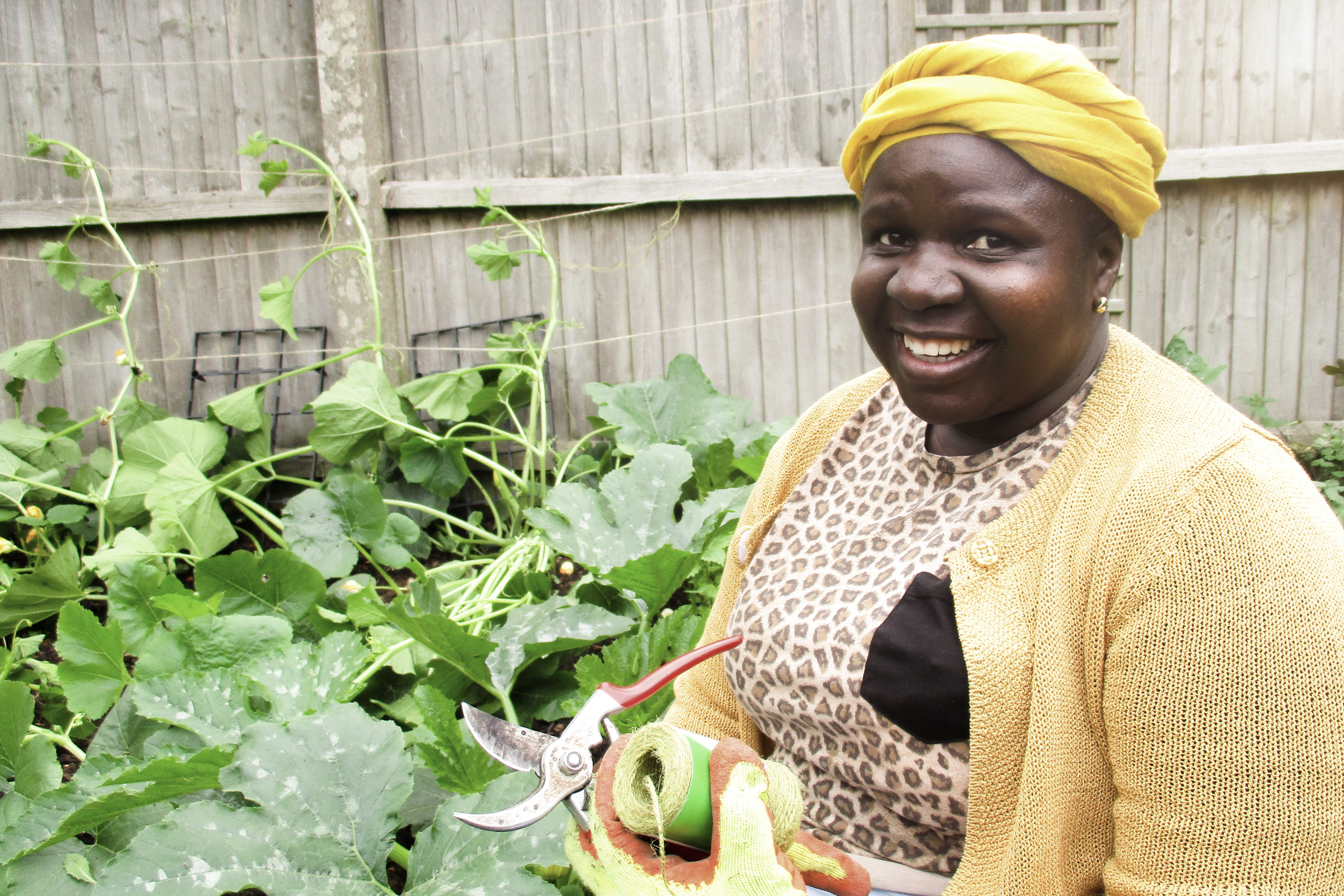BLOG – Greenspaces & Inequality
Groundwork’s Community Project Officer, Martha Houston shares her insights about the exclusion of indigenous communities from their homes in the pursuit of environmental advancement, discussing a more sustainable approach for the future in both these communities and the UK.
What’s happened in the past
Creating national parks and protected areas is one of the most effective ways of conserving biodiversity but by creating these spaces around the world we can, in some cases, also be excluding indigenous communities who have lived there in peace for generations.
When some of the earliest National Parks like Yosemite & Yellowstone were created, many indigenous people were violently excluded and hundreds killed in the name of protecting biodiversity.
Despite these tragedies, these parks have served as a model for conservation around the world, leading to the further exclusion of indigenous communities. This article from the Guardian highlights some tribes that have been recently effected: The tribes paying the brutal price of conservation | Global development | The Guardian

In some areas where displacement has taken place, mines and deforestation have been permitted in their place; features which have much greater negative impact on biodiversity than the communities who lived there for generations. This is a concerning revelation, suggesting that the environmental movement and pursuit of protecting biodiversity is being used to mask discrimination.
Challenges in the UK
Even though displacement is much less of an issue in a smaller country like the UK, environmental racism and inequity is still a huge issue and should remain at the forefront of our minds when undertaking environmental work.
For example, people from ethnic minority backgrounds are more likely to live in areas more affected by climate change e.g. higher air pollution, and less likely to have access to clean green spaces.

Black people in the UK are also 4 x less likely to have outdoor spaces in their homes (balconies, gardens) than white people.
In addition, the environmental sector is also one of the least diverse workplace sectors so the voices of many marginalised communities are often not heard when we carry out environmental work.
Climate justice
Climate justice is the idea of environmental work that actively works against environmental racism, and other inequalities. It means finding solutions to the climate crises that creates a fairer, more just world in the process.
Climate justice recognises that the impacts of climate change can affect different groups of people disproportionately and works towards protecting all groups of people whilst also protecting the environment.
In the context of enhancing Greater Manchester’s greenspaces and protecting and enhancing biodiversity, this could mean focusing on improving access to green spaces for more vulnerable communities and trying to include diverse communities in development work.
What are Groundwork doing to help?
Groundwork is making strides to improve access and representation in environmental work. The Greater Manchester Green Spaces Fund seeks to provide funding to communities who have poor access to greenspace currently. Our teams are reaching new community groups, who are typically missed out of environmental conversations.

Most recently, On the 28th of September Lucy and Chloe from our communities’ team held a stall at the Caribbean African Health Network’s (CAHN) Black History Month Launch Event at Manchester Cathedral. The evening celebrated black greatness, the work black community groups in Manchester do, and held speakers discussing how Manchester can continue to champion diversity. Lucy and Chloe spoke to a variety of community members, groups and councillors on what Groundwork GM could be doing to further, to support individuals, partner with groups and work towards equality.
Lucy and Chloe are also further researching climate justice, where there is environmental structural inequality and what Groundwork can do to tackle this.
